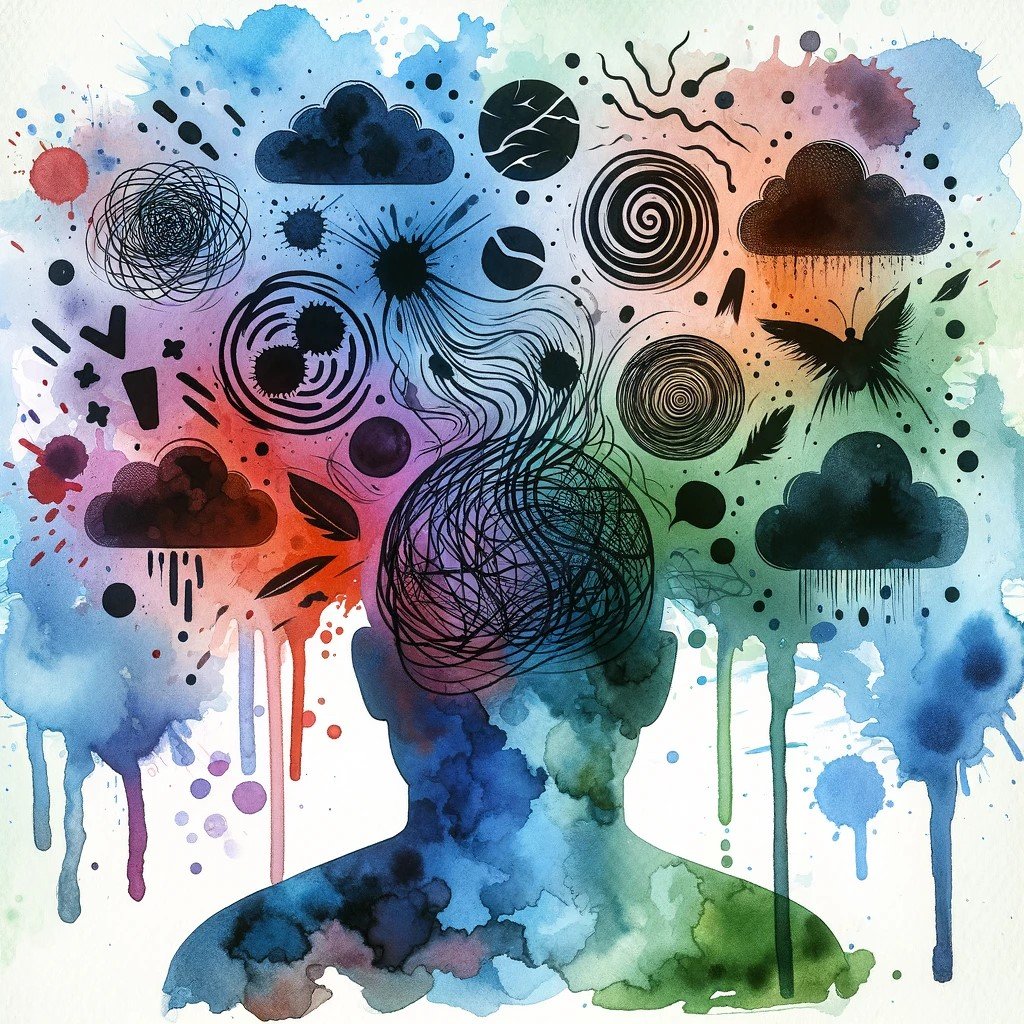UNDERSTANDING MENTAL HEALTH TRIGGERS
‘‘Triggers are like little psychic explosions that crash through avoidance and bring the dissociated, avoided trauma suddenly, unexpectedly, back into consciousness.”
- Carolyn Spring, author, trainer, and trauma survivor.
What is a trigger, and how can identifying them help us lead a more balanced and stress-free life?
Mental health is an important aspect of our overall well-being, and understanding the factors that influence it can significantly improve our quality of life. One key element in maintaining good mental health is recognising and managing triggers.
What is a Trigger?
A trigger sets off a memory, feeling or thought that leads to an emotional response. Triggers can be anything from a smell, a sound, a place, or even a person that reminds you of an experience, often linked to stress or trauma. These triggers can cause a range of emotions, including anxiety, sadness, anger, or panic.
Identifying Your Triggers
Recognising your triggers is the first step towards managing them effectively. Here are some ways to identify what might be triggering you:
Self-Reflection: Pay attention to moments when you suddenly change your mood or emotional state. Write down what was happening right before you felt this way. Over time, you may notice patterns or recurring themes.
Physical Reactions: Notice your body's responses to certain stimuli. For example, a racing heart, sweating, or feeling nauseous can all be signs that you’ve encountered a trigger.
Journaling: Keep a journal to record your daily emotions and experiences. This can help you track down incidents that consistently lead to negative feelings.
Therapy and Counselling: A mental health professional can help you explore and identify your triggers, especially if they are linked to deeper, more complex issues. A trauma-aware coach may also help you if you have appropriate emotional stability.
Examples of Common Triggers
• Stressful Events: Work deadlines, exams, or financial problems.
• Social Interactions: Conflicts with friends, family arguments, or feeling judged.
• Sensory Inputs: Loud noises, certain smells, or specific places.
• Media Content: News stories, movies, or songs that remind you of past events.
Using Understanding of Triggers to Reduce Stress and Trauma Symptoms
Once you've identified your triggers, you can proactively manage and reduce their impact. Here are some strategies:
Avoidance: If possible, avoid situations or environments that trigger negative emotions. For example, if large crowds make you anxious, plan activities during quieter times.
Preparation: When avoidance isn’t possible, prepare yourself for the encounter. Practice deep breathing, positive visualisation, or grounding techniques to stay calm.
Healthy Coping Mechanisms: Engage in activities that help you relax and de-stress, such as exercise, meditation, reading, or hobbies you enjoy.
Positive Self-Talk: Replace negative thoughts with positive affirmations. Remind yourself that you are strong and capable of handling the situation.
Seek Support: Share your experiences and feelings with friends, family, or a support group. Sometimes, just talking about what triggers you can lessen its impact.
An Example in Action
Imagine you have identified that crowded places trigger your anxiety. Knowing this, you can take steps to manage this trigger. You might visit shopping malls during off-peak hours, practice deep breathing exercises before entering a busy area, or plan a quiet activity afterwards to help you unwind.
Summary
Understanding your mental health triggers is a powerful tool for managing stress and trauma symptoms. By recognising what sets off negative emotions, you can take control of your reactions and create a more peaceful and fulfilling life. Remember, the journey to better mental health is ongoing, but each step brings you closer to well-being.
